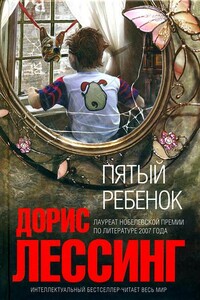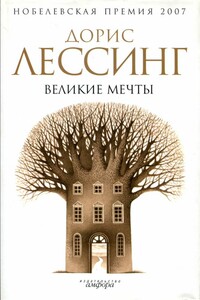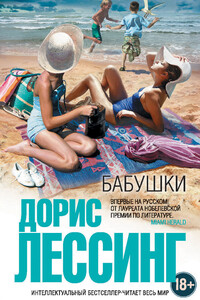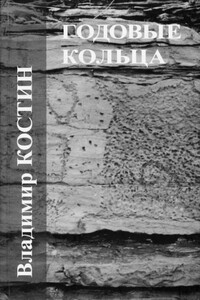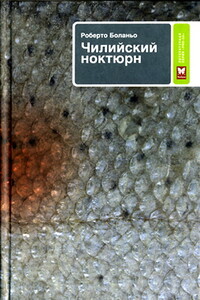'But what's the use of that? Margaret wondered, if the whole farm was going to be crawling with hoppers? But she listened while they discussed the new Government pamphlet which said how to defeat the hoppers. You must have men out all the time moving over the farm to watch for movement in the grass. When you find a patch of hoppers, small lively black things, like crickets, then you dig trenches around the patch, or spray them with poison from pumps supplied by the Government. The Government wanted them to cooperate in a world plan for eliminating this plague for ever. You should attack locusts at the source. Hoppers, in short. The men were talking as if they were planning a war, and Margaret listened, amazed.
In the night it was quiet, no sign of the settled armies outside, except sometimes a branch snapped, or a tree could be heard crashing down.
Margaret slept badly in the bed beside Richard, who was sleeping like the dead, exhausted with the afternoon's fight. In the morning she woke to yellow sunshine lying across the bed, clear sunshine, with an occasional blotch of shadow moving over it. She went to the window. Old Stephen was ahead of her. There he stood outside, gazing down over the bush. And she gazed, astounded — and entranced, much against her will. For it looked as if every tree, every bush, all the earth, were lit with pale flames. The locusts were fanning their wings to free them of the night dews. There was a shimmer of red-tinged gold light everywhere.
She went out to join the old man, stepping carefully among the insects. They stood and watched. Overhead the sky was blue, blue and clear.
'Pretty, said old Stephen, with satisfaction.
Well, thought Margaret, we may be ruined, we may be bankrupt, but not everyone has seen an army of locusts fanning their wings at dawn.
Over the slopes, in the distance, a faint red smear showed in the sky, thickened and spread. "There they go, said old Stephen. 'There goes the main army, off South.
And now from the trees, from the earth all round them, the locusts were taking wing. They were like small aircraft, manoeuvring for the take-off, trying their wings to see if they were dry enough. Off they went. A reddish-brown steam was rising off the miles of bush, off the lands, the earth. Again the sunlight darkened.
And as the clotted branches lifted, the weight on them lightening, there was nothing but the black spines of branches, trees. No green left, nothing. All morning they watched, the three of them, as the brown crust thinned and broke and dissolved, flying up to mass with the main army, now a brownish-red smear in the Southern sky. The lands which had been filmed with green, the new tender mealie plants, were stark and bare. All the trees stripped. A devastated landscape. No green, no green anywhere.
By midday the reddish cloud had gone. Only an occasional locust flopped down. On the ground were the corpses and the wounded. The African labourers were sweeping these up with branches and collecting them in tins.
'Ever eaten sun-dried locust? asked old Stephen. 'That time twenty years ago, when I went broke, I lived on mealiemeal and dried locusts for three months. They aren't bad at all — rather like smoked fish, if you come to think of it.
But Margaret preferred not even to think of it.
After the midday meal the men went off to the lands. Everything was to be replanted. With a bit of luck another swarm would not come travelling down just this way. But they hoped it would rain very soon, to spring some new grass, because the cattle would die otherwise — there was not a blade of grass left on the farm. As for Margaret, she was trying to get used to the idea of three or four years of locusts. Locusts were going to be like bad weather, from now on, always imminent. She felt like a survivor after the war — if this devastated and mangled countryside was not ruin, well, what then was ruin?
But the men ate their supper with good appetites.
'It could have been worse, was what they said. It could be much worse.
